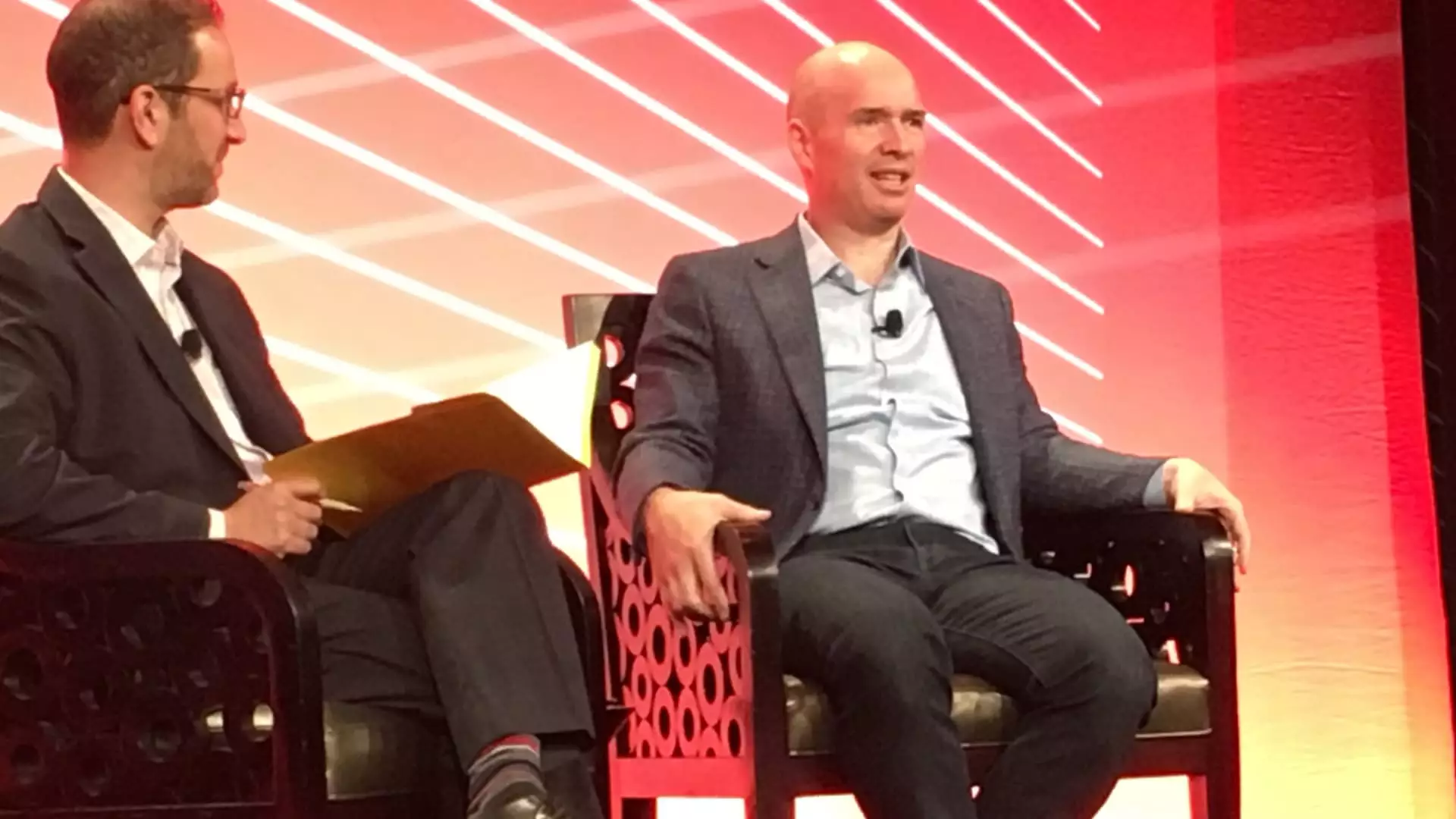In a politically charged environment, the announcement by venture capitalist Ben Horowitz that he is shifting his financial support from Donald Trump’s presidential campaign to that of Vice President Kamala Harris raises eyebrows. Horowitz, a partner at the influential venture capital firm Andreessen Horowitz, was previously vocal about his alignment with the Trump campaign, claiming that his support was motivated by a desire to advocate for the “Little Tech” agenda. This sudden pivot, confirmed by CNBC, illustrates not only personal loyalties but also highlights the often fluid nature of political alliances among influential figures in Silicon Valley.
At the core of Horowitz’s decision lies a longstanding friendship with Harris, which he emphasized in a letter to his firm’s employees. He detailed his and his wife Felicia’s ten-year connection to the Vice President, stating that their relationship influenced his newly declared political donations. Such personal ties play a significant role in shaping the political donations of high-profile business leaders, and in Horowitz’s case, they appear to take precedence over prior commitments. By stating his intention to contribute significantly to Harris’s campaign, Horowitz marks a stark contrast from the previous narrative set forth by Andreessen Horowitz, who had publicly pledged support for Trump’s political agenda.
The volatility of Horowitz’s political stance speaks volumes about the broader current within Silicon Valley. People in technology and venture capital often find themselves walking a tightrope between their business interests and their political affiliations. With Horowitz citing concerns about the Biden administration and its policies regarding startups and cryptocurrency—areas that have been significant for many tech investors—his support for Harris could reflect a strategic decision to align more closely with a candidate whose approach may ultimately be more beneficial for the entrepreneurial ecosystem he cherishes.
This indecisiveness among tech elites could also lead to shifts in campaign dynamics. Support from influential figures can make or break candidates in tightly contested races, especially in an election year as pivotal as 2024. The implications of such financial backing can reverberate beyond mere monetary donations; they could signify a shift in the priorities and values that these technology leaders deem essential for the future direction of the country.
As the 2024 election cycle progresses, the tech industry’s role in politics will likely become increasingly complex. Horowitz and his firm have not formally endorsed a candidate but have made it clear that they are strategically eyeing the political landscape. Their fluctuating support sheds light on the uncertainty and shifting allegiances characteristic of modern political discourse within the tech industry. As each election draws nearer, the blending of personal relationships with political endorsement will continue to challenge the simplistic categorizations often seen in partisan politics.
Ben Horowitz’s recent shift in political contributions from supporting Trump to backing Kamala Harris showcases both personal affiliations and strategic maneuvering within the rapidly changing tides of political support in Silicon Valley. As the year unfolds, it will be vital to observe how these choices impact the broader political narrative and the relationship between the tech industry and governance.


Leave a Reply